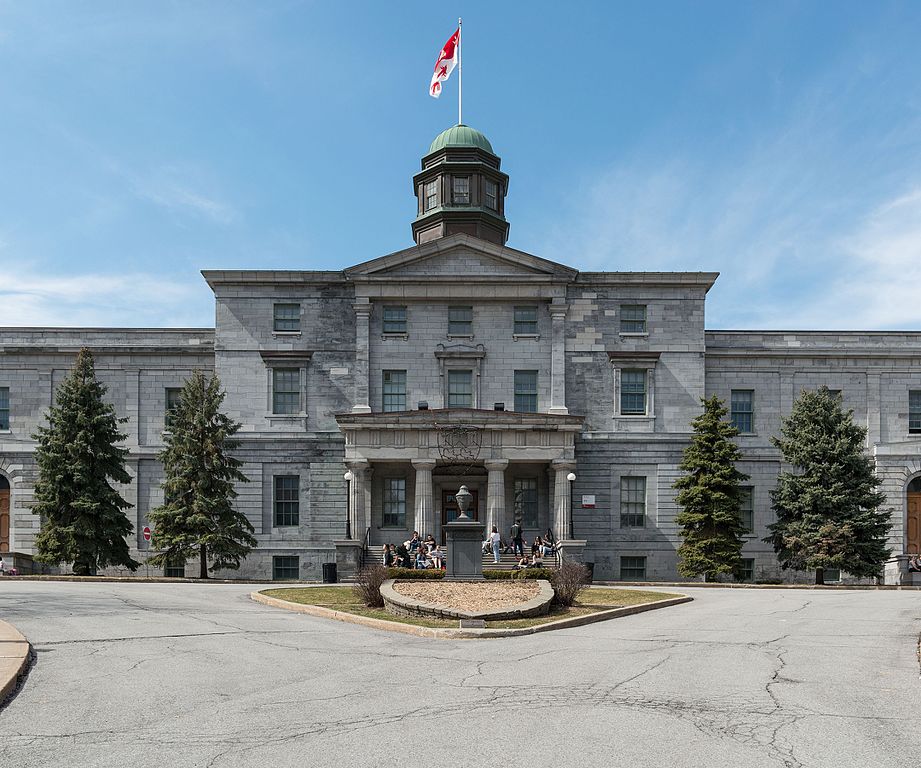On May 10, in an email to the McGill community, Provost and Vice-Principal Christopher P. Manfredi outlined three new mechanisms to aid in the handling of allegations of sexual violence, specifically in relationships between teaching staff and students.
He explained the reasoning behind the steps taken, stating that “concerns expressed in recent weeks have focused on the importance of establishing a clearly identified site, outside of any Faculty, for reporting incidents of sexual misconduct and sexual violence.” This is likely an indirect reference to the open letter to McGill about sexual misconduct within the Faculty of Arts.
He stated that by Fall 2018, McGill will have “appoint[ed] a special investigator responsible for receiving and investigating all reports of sexual violence or sexual misconduct” and who will be kept at a distance from “the relevant disciplinary authority in any case”.
The second mechanism is the creation of an ad hoc committee tasked with researching intimate relationships between faculty and students, and making policy recommendations accordingly. Manfredi wrote that the committee “will include strong student representation” and will present an introduction to their mandate and composition at the May 2018 Senate meeting, after which it will commence its work.
Lastly, Manfredi revealed that at the request of Principal Fortier, he created guidelines on intimate student-faculty relationships. These guidelines list the necessary criteria to be considered “teaching staff” or a “student”, and outline proper behaviour for student-professor interactions in academic and social settings. They also refer to intimate student-professor relationships as “a conflict of interest” and provide the relevant university regulations should such a relationship occur.
Section 4 of the guidelines emphasizes the importance of consent within this unique power dynamic, stating: “Although consent to sexual activity may legally be given within such a relationship, consent is vitiated where it was induced by conduct that constitutes an abuse of the relationship of trust, power, and authority between a member of the teaching staff and their student.”
Manfredi encouraged all recipients of the email to read the guidelines, and thanked students and Office for Sexual Violence Response, Support and Education (O-SVRSE) for their contributions to the issue. To end off the message, he cited the Policy Against Sexual Violence which was adopted by the university in November of 2016 and emphasized the need for constant ongoing improvement in the way McGill handles allegations of sexual misconduct, writing: “Just the same, we can still do more, and we can still do better.”
Outgoing VP External Connor Spencer commented on the email, saying: “This shows that there’s been a shift in response from the administration about how they’re going to work with us on this issue. We feel a shift from flat out denial to at least leaving the door open… and that is incredibly exciting.”
Referring to recent weeks’ open letter, walk out, and meetings with the administration, Spencer said: “I think the special investigator appointment is a win for the students and points to the work and activism from the last couple of weeks— just that it works and that direct action does have its effects on this campus.”
Spencer drew attention to the current ambiguity regarding the mandate of both the special investigator and the ad hoc committee, stating: “it remains to be seen how [the ad hoc] committee will interact with the existing committees— that still has to be figure out— as well as the mandate of the committee [and] the exact members.”


